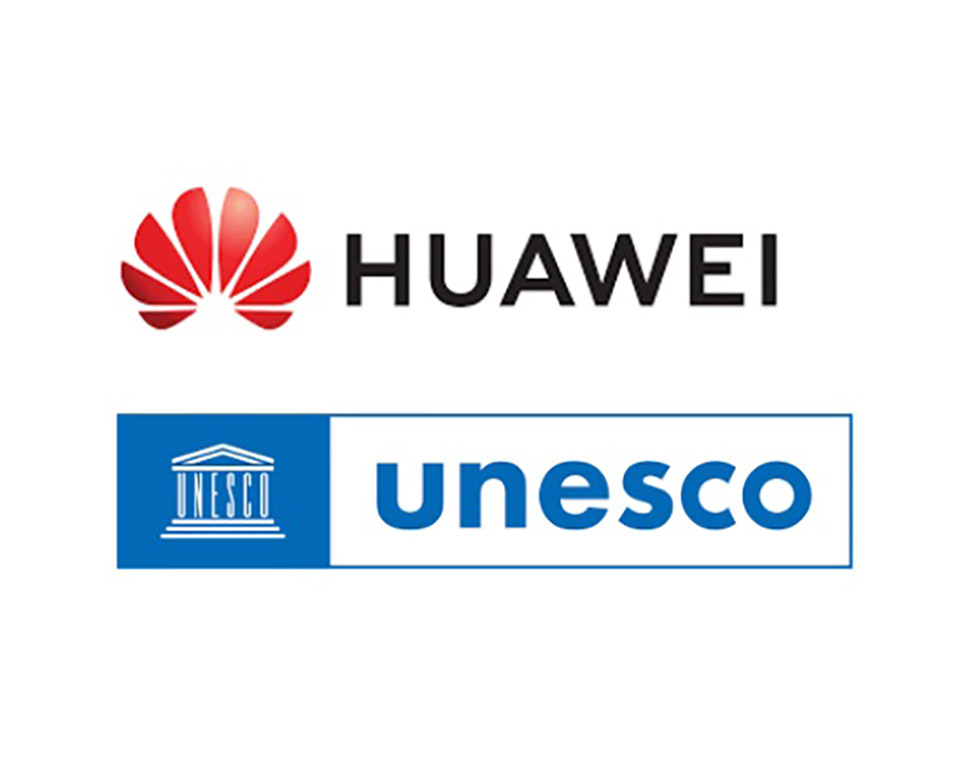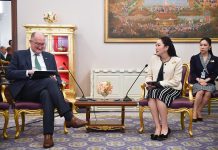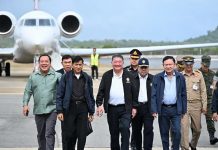
Huawei and UNESCO have announced the expansion of their Technology-Enabled Open Schools for All System (TeOSS) project into Thailand as part of its second phase, which also includes Brazil and Egypt. The development was unveiled at the UNESCO Digital Futures of Education Seminar in Paris on April 17, where the project’s extension from 2024 to 2027 was discussed.
TeOSS, which is aligned with the United Nations Sustainable Development Goal 4, seeks to enhance the resilience, inclusivity, and sustainability of educational systems worldwide by integrating technology into education. This involves providing digital resources, training, and policy support to educators and learners.
Phase I of TeOSS, which ran from 2020 to 2024, supported the education ministries in Egypt, Ethiopia, and Ghana in creating and evaluating open school systems in pilot projects. The efforts helped develop digital learning platforms and content that align with teacher competencies and curricula, promoting open education models. For instance, the project impacted 950,000 K-12 educators in Egypt through the National Distance Learning Center and improved education platforms in Ghana and Ethiopia, benefiting thousands of students and teachers.
The upcoming phase II of the project aims to tackle key educational challenges in the new participating countries. For instance, Thailand is focusing on achieving digital education through its Digital Thailand initiative, which emphasizes connectivity, content, and competencies. Meanwhile, Brazil aims for universal connectivity in public basic education schools by 2026. (NNT)








